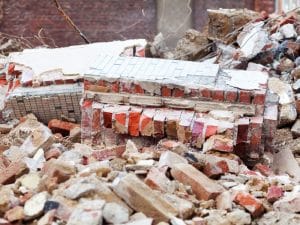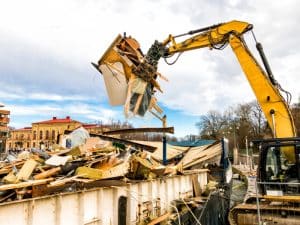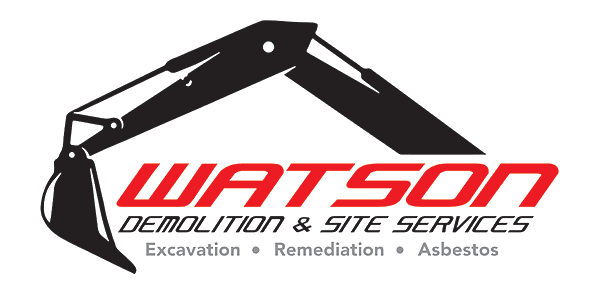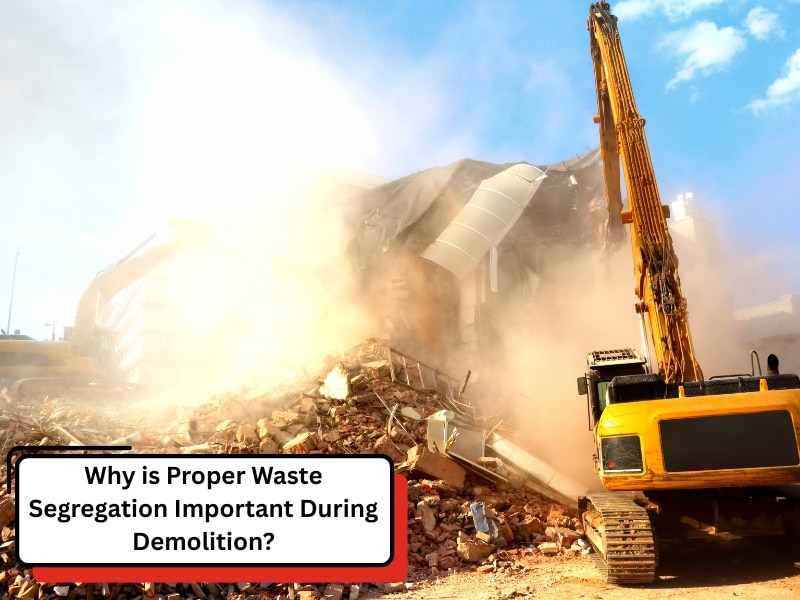When it comes to demolition projects, proper waste segregation is not just a legal requirement but also an essential practice for preserving the environment and ensuring safety. Waste generated during demolition can include a wide variety of materials, from metals and concrete to hazardous substances such as asbestos. Segregating these materials effectively leads to better recycling opportunities, reduced environmental impact, and cost savings. This article will explore why waste segregation is crucial during demolition and the benefits it brings to both the environment and the project itself.
What is waste segregation in demolition?
Waste segregation in demolition refers to the process of sorting different types of waste produced during a demolition project into separate categories for proper disposal, recycling, or reuse. This practice helps ensure that valuable resources are recovered, hazardous materials are safely disposed of, and the overall environmental footprint of the project is minimized.
Key aspects of waste segregation:
- Material sorting: Different types of materials are grouped separately, such as metals, wood, concrete, and hazardous materials.
- Waste streams: Identifying and categorising waste streams, which may include recyclable, reusable, or hazardous materials.
- On-site handling: Establishing proper handling procedures for different types of waste to prevent cross-contamination and ensure safe disposal.
- Documentation: Tracking and documenting the waste produced and how it is disposed of, which is necessary for compliance with environmental regulations.
Proper waste segregation ensures that materials are handled appropriately throughout the demolition process, enhancing both safety and sustainability.
How does proper waste segregation benefit the environment?
Segregating waste during demolition plays a significant role in reducing the environmental impact of construction and demolition activities. By carefully sorting waste, recyclable materials can be diverted from landfills, reducing waste disposal costs and supporting a circular economy.
Environmental benefits of waste segregation:
Environmental Benefit | Description |
Reduced landfill waste | Segregation prevents materials like metals and plastics from ending up in landfills. |
Conservation of resources | Recycling reduces the need for raw materials like concrete and steel. |
Lower carbon footprint | Recycling materials uses less energy, reducing carbon emissions in manufacturing. |
Protection of ecosystems | Reduces hazardous waste disposal, minimizing the risk of contamination in ecosystems. |
By segregating waste and having a clear understanding of waste minimisation, demolition projects can contribute positively to environmental conservation efforts, reducing their overall ecological impact.
What types of waste should be segregated during demolition?
During demolition, various types of waste are generated, and each one requires different disposal methods. Identifying and segregating these materials early in the demolition process is essential for proper management.
Common types of waste to segregate:
- Asbestos: One of the most hazardous materials in older buildings. Asbestos-containing materials (ACMs) must be handled by trained professionals and disposed of following strict regulations.
- Concrete: Broken concrete can be crushed and reused as road base or in new construction, making it a key material for recycling.

- Timber: Wood from demolished buildings can often be reused or repurposed for resale or energy generation.
- Metal: Steel, copper, and aluminium are valuable recyclable materials that can be collected and resold.
- Plastic: PVC pipes and packaging should be separated for recycling, reducing landfill waste.
By segregating materials, demolition contractors ensure proper waste handling, minimising waste and maximising recycling opportunities.
When should demolition waste segregation be done?
Waste segregation should begin long before the demolition process starts. Early planning and preparation, including things to consider before doing the demolition, are key to ensuring that materials are sorted efficiently and safely throughout the process.
Steps for waste segregation timing:
- Pre-demolition planning: Before demolition starts, create a waste management plan to identify and segregate potential waste types.
- On-site sorting: During demolition, set up separate bins or areas for different waste types to ensure efficient segregation.
- Ongoing supervision: Continuously monitor waste segregation during demolition to ensure compliance with the waste management plan.
- Post-demolition disposal: After demolition, send segregated materials to the appropriate recycling or disposal facilities for proper handling
Proper planning and timely segregation help manage waste effectively, reduce the chances of contamination, and support recycling efforts.
What are the risks of poor waste management?
Improper waste management during demolition can lead to a number of risks that affect the environment, human health, and the success of the demolition project itself.
Risks of poor waste management:
Risk | Description |
Environmental pollution | Improper disposal of hazardous materials can contaminate soil and water. |
Health hazards | Exposure to dangerous substances can cause respiratory issues, skin problems, or poisoning. |
Costly cleanup | Poor management may result in fines and expensive clean-up operations. |
Reputation damage | Poor practices can harm a contractor’s reputation, resulting in lost business or clients. |
By following proper waste segregation protocols with the help of an expert demolition team, these risks can be minimised, ensuring a safer and more efficient demolition process.
Is demolition waste segregation legally required?
In Australia, there are regulations in place that require demolition contractors to manage waste properly, especially when hazardous materials are involved. Local councils and environmental authorities have strict guidelines regarding the disposal of construction and demolition waste.
Key legal requirements for waste segregation:
- Environmental protection regulations: Demolition contractors must adhere to local, state, and national laws designed to protect the environment and public health.
- Hazardous materials: Materials like asbestos are subject to strict handling, transportation, and disposal regulations to prevent environmental contamination.
- Waste tracking: Contractors are often required to provide documentation of how waste has been sorted, recycled, or disposed of, ensuring compliance with waste management laws.

- Penalties for non-compliance: Failing to segregate waste properly can lead to fines, penalties, or even suspension of demolition activities.
By following the law and adopting proper waste segregation practices, you ensure that your demolition project is compliant with all regulations.
Why is recycling a critical part of waste management?
Recycling plays an integral role in managing demolition waste, especially when you recycle building materials from your house demolition. It reduces environmental impact and supports the circular economy by giving materials a second life.
Benefits of recycling in demolition:
- Conservation of resources: Recycling materials like metals, concrete, and wood reduces the demand for virgin resources, helping to preserve natural habitats and ecosystems.
- Economic benefits: Recycled materials are often cheaper to use than new materials, which can reduce construction costs.
- Reduced landfill use: Recycling helps divert waste from landfills, which helps prevent overfill and the pollution associated with landfill sites.
- Energy efficiency: Recycling processes typically use less energy compared to producing new materials, reducing overall carbon emissions.
Recycling not only helps conserve resources but also contributes to the sustainability of the demolition and construction industry.
Conclusion
In conclusion, proper waste segregation during demolition is crucial for environmental protection, legal compliance, and cost-effective project management. By segregating waste, you not only reduce the environmental impact but also help create a more sustainable construction industry. You can effectively manage recycling, legal requirements, and safety, making waste segregation a priority in demolition projects.
Need help with demolition? Explore the services offered by Watson Demolition & Site Services for your demolition needs.

